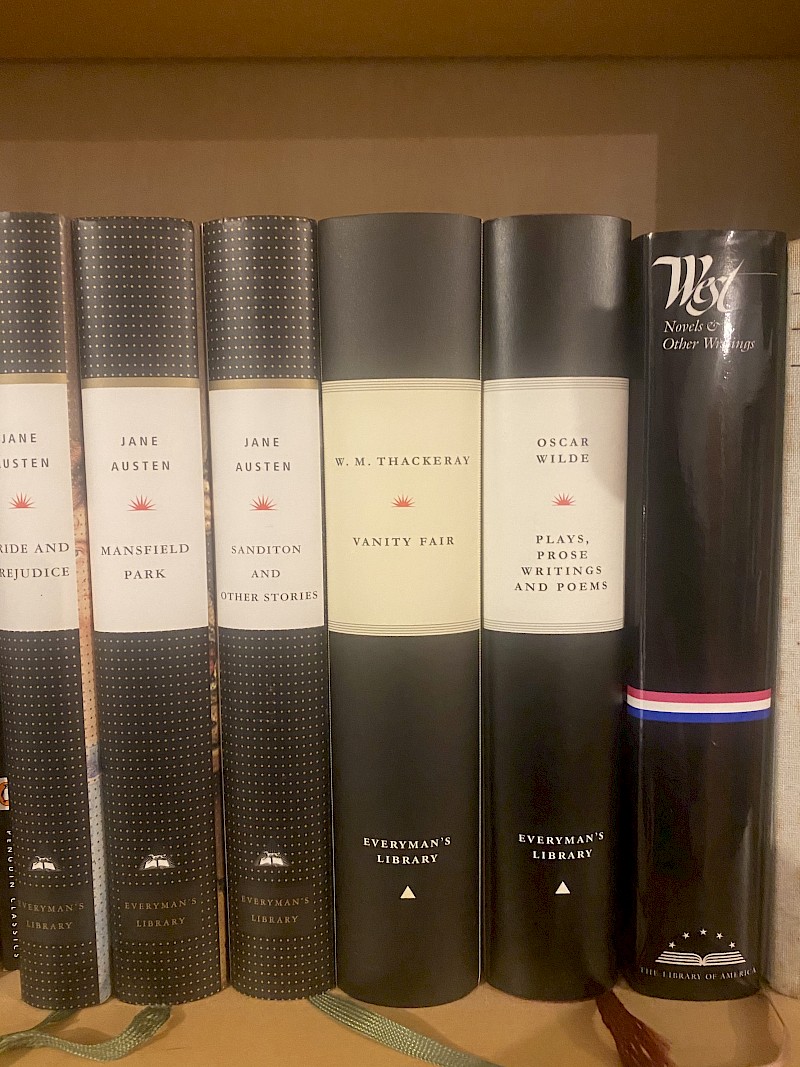Stephen J. McKenna: Adam Smith. The Rhetoric of Propriety. Albany: State University of New York Press, 2006.
A must-read for those interested in rhetoric. McKenna is analysing Smith‘s theory of rhetoric and his concept of appropriateness which is an important aspect in Smith’s ethical theory.
Heike Mayer: Rhetorische Kompetenz. Grundlagen und Anwendung. Mit Beispielen von Ahmadinedschad bis Juli Zeh. Paderborn/München/Wien/Zürich: Schöningh, 2007.
Mayer’s book goes against a simplified definition of rhetoric by re-establishing a “historical consciousness” with case studies and basics. Rhetorical expertise is subdivided into four skills (the analytical, ethical, social and communicative expertise) and the responsibility of the orator is also considered.
Gary A. Remer: Ethics and the Orator: The Ciceronian Tradition of Political Morality. Chicago/London: University of Chicago Press, 2017.
Remer introduces Cicero’s concept as the ideal for a skilled and ethical orator. It is Cicero’s rhetorical and ethical perspective and his concept of decorum as part of a political morality which makes this book such a wonderful read.
Jenny Bryan: Likeness and likelihood in the Presocratics and Plato. Cambridge: Cambridge University Press, 2012.
Simone Weil: Die Verwurzelung : Vorspiel zu einer Erklärung der Pflichten dem Menschen gegenüber. Zürich: Diaphanes, 2011
Giambattista Vico: Institutiones oratoriae, 1711.
Michael Huemer: Epistemology: Contemporary Readings. London/New York: Routledge, 2002.
Huemer put together an unique comprehensive anthology of all the relevant philosophers writing on topics concerning epistemology. Each section is introduced by Huemer giving a brief overview of what is to come. The perfect companion for philsophy students.
J. Warren Smith: Ambrose, Augustine, and the Pursuit of Greatness. Cambridge: Cambridge University Press, 2020.
Ken Mogi: Ikigai. Die Japanische Lebenskunst. Köln: DuMont, 2022. / The little book of Ikigai.
Mogi's book is a wonderful introduction into Ikigai, meaning „things worth living for“. Filled with concrete examples, it is a reliable guide for a fulfilled and happy life. Drawing inspiration from the Japanese culture, nature and human nature, this guide inspires its reader to incorporate these Japanese values and make a change in one's own way of life.
